Why Homeownership Still Makes Sense (Despite the Memes)
Why This Conversation Matters Now
Scroll through social media and you’ll find jokes about sky-high prices, bidding wars, and the “impossible dream” of buying a house. But beyond the memes and headlines, the reality is clear: owning a home still brings real benefits that renting just can’t match. Let’s unpack why having a place to call your own remains a solid decision for your wallet — and your well-being.
The Personal Perks of Owning

Stability and a Sense of Home
Homeownership provides a level of stability that renting rarely does. You’re free from sudden rent hikes or unexpected lease terminations. Plus, putting down roots in a community helps build a genuine sense of belonging.
Pride and Personal Connection
There’s something special about owning your space. From picking paint colors to landscaping the yard, homeowners tend to invest more love (and sweat equity) into their property — creating a true haven, not just four walls.
Financial Upsides That Add Up
Equity: Money Back in Your Pocket
Each mortgage payment helps pay off your loan and boosts your stake in the property. Over time, that equity builds your net worth — a clear win over rent payments that never come back.
Long-Term Value Growth
Historically, real estate appreciates. Sure, markets go through ups and downs, but the big picture shows that homes gain value over time, making your purchase an investment that grows alongside your life.
Predictable Payments
With a fixed-rate mortgage, your monthly payment for principal and interest stays stable year after year — no surprise rent hikes when your lease is up.
Owning a Home = Investing in Your Future
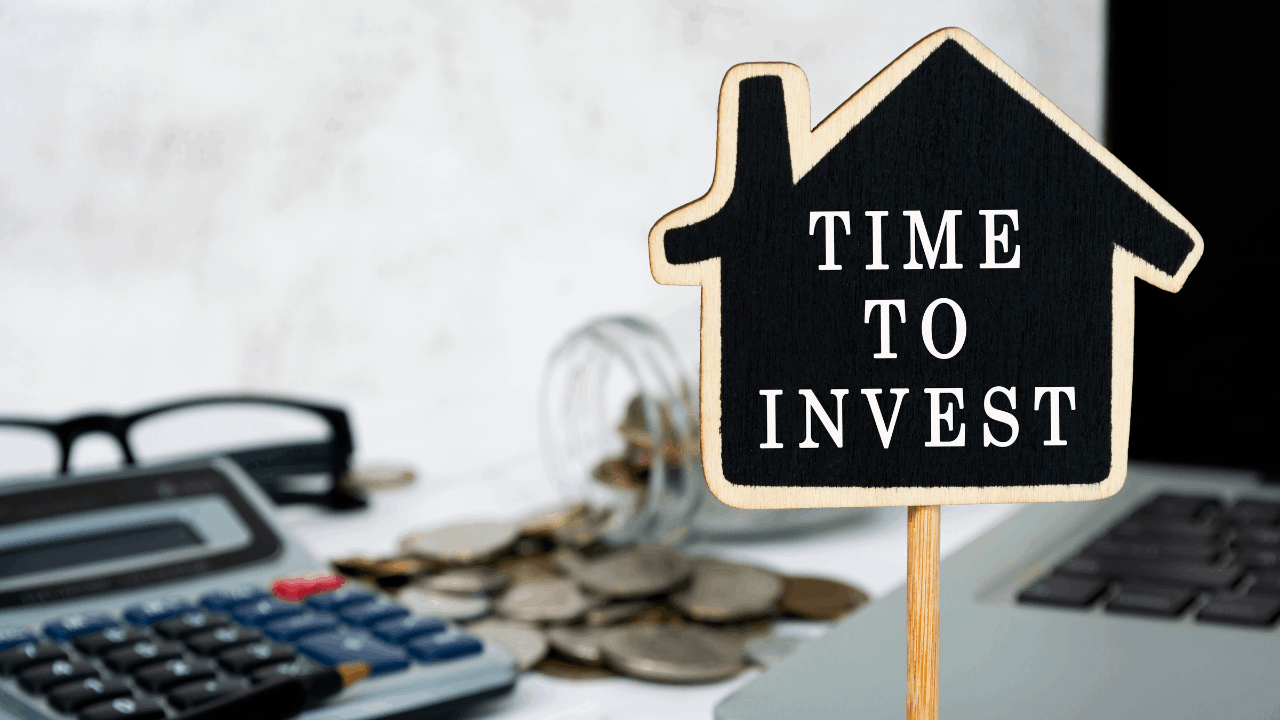
Creating Wealth for Generations
Buying a home is one of the simplest ways to build generational wealth. You can leave it to loved ones, borrow against your equity if needed, or sell it down the road for profit.
Tax Perks
Homeowners often qualify for tax deductions on mortgage interest, property taxes, and energy-efficient upgrades — all of which can lighten the load at tax time.
Freedom, Privacy, and Personalization
Total Creative Control
Dreaming of a new kitchen or a backyard fire pit? When you own your home, you decide. No landlord approvals needed.
More Privacy
No surprise landlord visits or inspections — you’re in charge of your space, which means more peace and quiet on your own terms.
Community Connection

Stronger Neighborhood Ties
Homeowners typically stay put longer than renters, which strengthens neighborhood bonds and boosts community involvement.
Local Pride
Owning a home often means you care more about local schools, parks, and safety. That pride creates healthier, more vibrant neighborhoods.
A Few Realistic Challenges
Upfront Costs & Maintenance
Buying a home comes with significant upfront costs — down payment, closing fees, and ongoing maintenance. Budget carefully to avoid stress later.
Market Ups and Downs
No investment is risk-free. Housing markets fluctuate, so it’s smart to think long-term and buy a home you’re prepared to keep through different economic cycles.
How to Make Homeownership Work for You
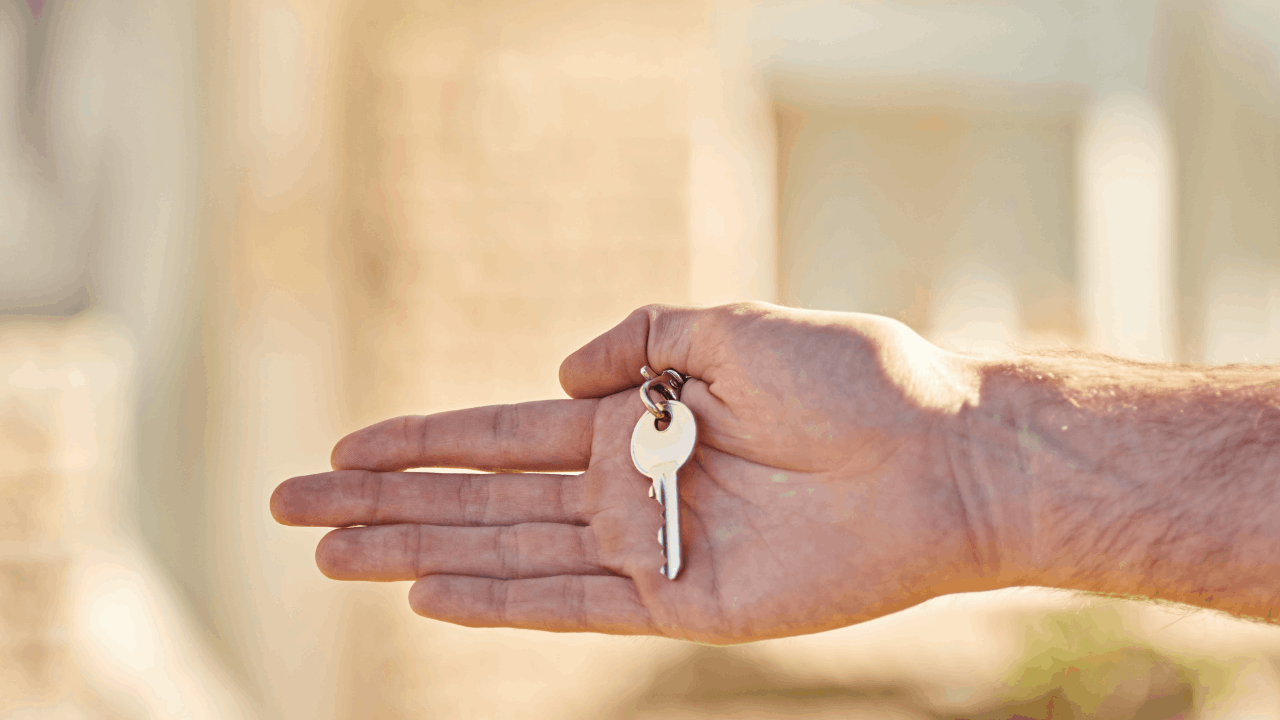
-
Buy What You Can Afford: Don’t max out your budget — aim for a mortgage payment that leaves room for savings and surprises.
-
Think Long-Term: Real estate rewards patience. Plan to stay for at least five years to weather market shifts.
-
Care for Your Home: Small repairs today can prevent big headaches tomorrow. Well-maintained homes hold their value better and sell faster.
Conclusion: Your Home, Your Future
At the end of the day, buying a home is about more than bricks and walls. It’s about stability, financial growth, and the freedom to create a space that’s truly yours. If you plan carefully and choose wisely, homeownership can pay off — not just now, but for years (and generations) to come. So tune out the memes and make a move that works for you.
FAQs
1. Is owning really better than renting?
In many cases, yes — especially if you plan to stay in one place for a while. Homeownership builds equity and can grow your wealth over time.
2. How much should I have saved before buying?
Aim for at least a 10–20% down payment plus extra for closing costs, moving expenses, and an emergency fund for home repairs.
3. What if the market takes a dip?
Markets fluctuate, but real estate historically bounces back. Buying for the long haul helps you ride out any short-term changes.
4. Are there hidden costs I should watch for?
Yes — property taxes, insurance, HOA fees (if applicable), and maintenance. Plan for 1–3% of your home’s value each year for upkeep.
5. How do I keep my home’s value up?
Keep up with regular maintenance, make smart upgrades, and stay on top of repairs. A well-cared-for home is more likely to appreciate over time.
Categories
Recent Posts
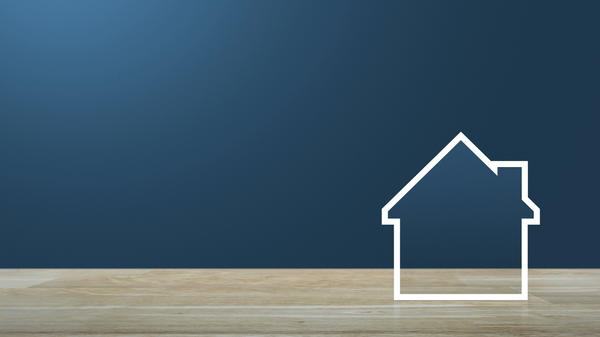

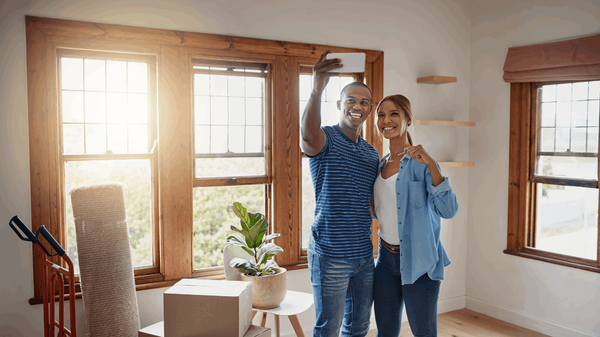
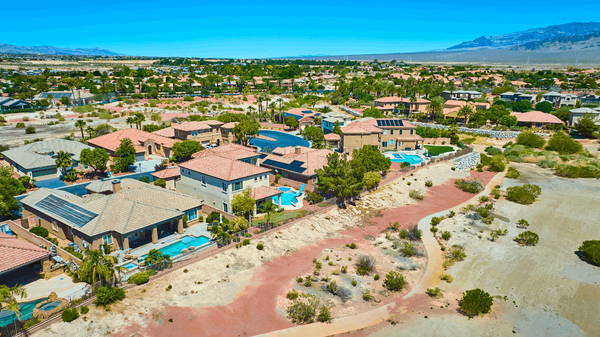
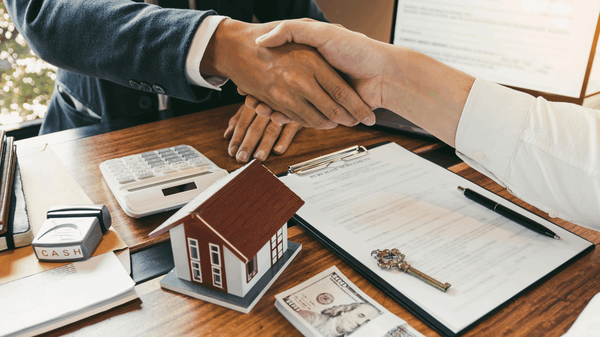
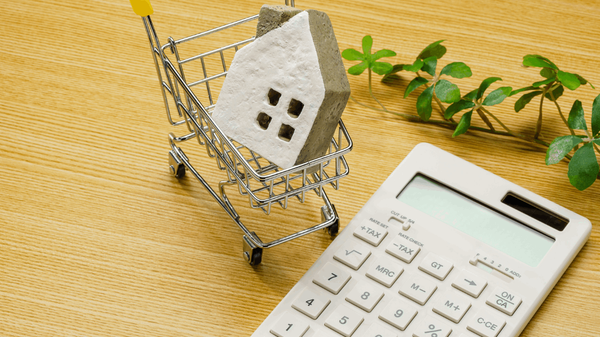
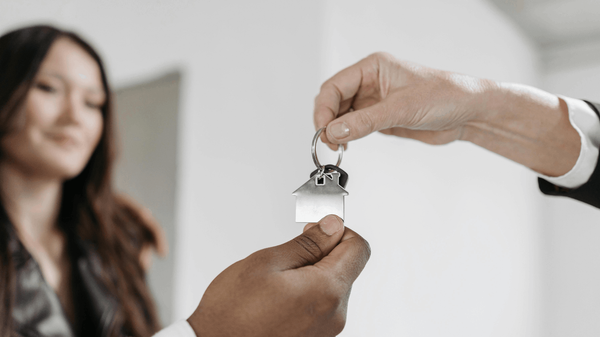
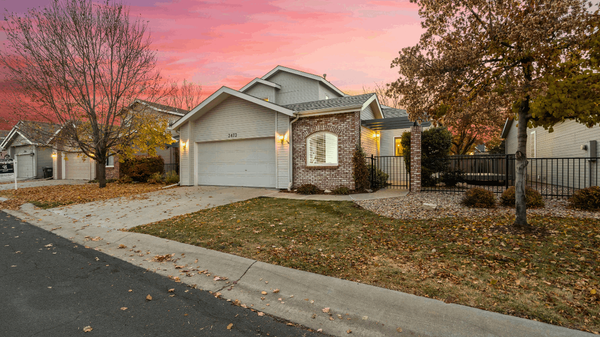
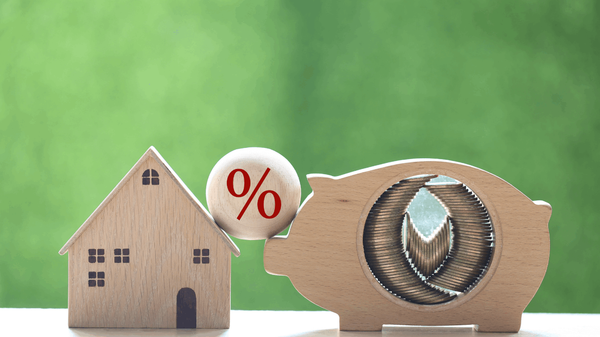


7997 W. Sahara Ave. Suite 101, Vegas, NV, 89117, United States
